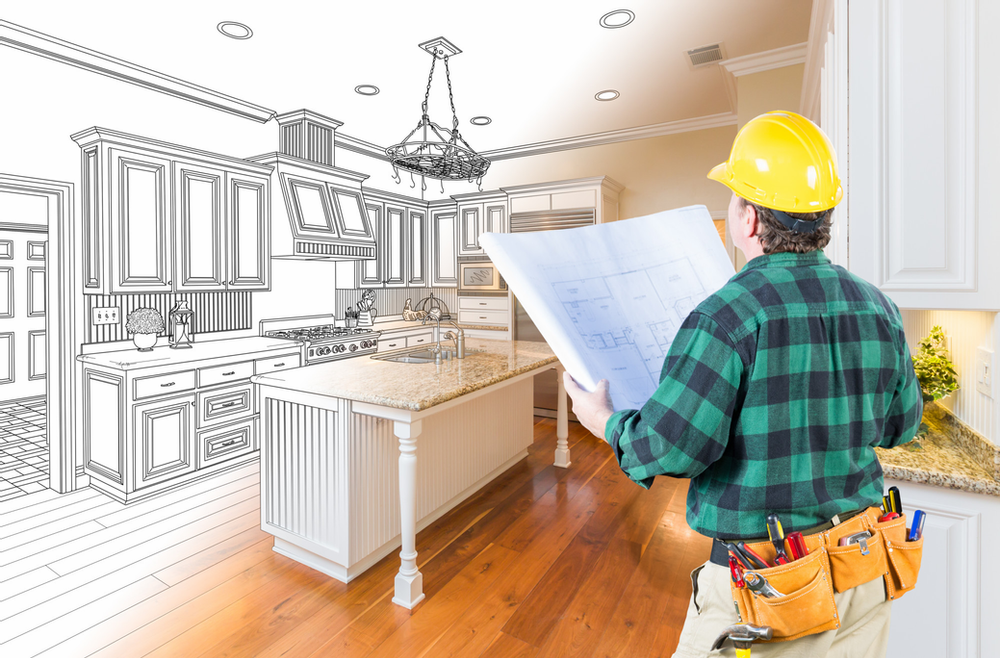
23 Oct 5 Tips to Help You Build Your Dream Home and Stay on Budget
What home buyer doesn’t dream of building a custom Hill Country house? You can personalize every detail, avoid the problems that come with antiquated homes, and skip negotiating with a picky seller. But it comes with one catch: the price point. It’s a big investment, but so is a pre-built house. If you’ve got the money, you can create the custom home of your dreams. So, how do you stay within your budget?
1. Make a list of priorities.
To ensure that you’re happy with the final result, write down the features that you can’t live without. Is square footage a priority, or is the quality of finishes and appliances more important? You might find that on second thought, your home doesn’t require a second story—you’ll be thankful for fewer stairs as you get older. When creating your budget, factor in all the assets that your home needs. Keep in mind that while some things can be upgraded later (lighting fixtures, flooring materials), others cannot (square footage). You may want to go with less expensive carpets and less crown molding so that you can afford a bigger home.
2.Shop around for bids.
Before construction begins, you’ll need to find the right builder for your project. Working with the right installation company can make the difference between an affordable home, and one that gets out of control. The lowest bid isn’t always the best option—the contractor may not have priced their services accurately, which can cause you to go over-budget. Make sure that the builder is someone you can have open communication with. You’re about to work closely with them for up to a year. If you have clashing personalities, then construction negotiations may become very unpleasant. Try to get three bids and compare their prices; if one is more expensive, ask the contractor why. There may be a good reason for it that the other builders didn’t consider.
3. Find which projects you can do yourself.
As long as you have the skills and elbow grease for it, taking on some of the work can cut down on your expenses. But home builders beware: if you do a low-quality job, it’ll cost more to fix it later on. Painting is an obvious one, but even that can go awry, so choose DIY projects based on your comfort and skill levels. Do you have a friend or family member who’s willing to help you lay floor tiles and install appliances? If so, make it clear to your contractor which parts of the job you’ll handle. For things like plumbing installations and electrical wiring, leave it to the professionals.
4. Understand that the least expensive option isn’t always the best deal.
Sometimes, it pays to splurge on high-quality appliances. If you invest in energy efficiency upfront, you’ll enjoy a reduced carbon footprint and lower utility bills—these savings can outweigh the higher cost of the initial investment. When you put money into appliances that will last longer, your dollar goes further. Is it worth paying for less expensive insulation when it will cost you more to heat and cool your home? At the end of the day, it’s your home, and you want to enjoy living in it. Don’t compromise when you know that it will make you unhappy. Adjust your budget when necessary; it can be worth it to spend more on something you know you’ll love.
5. Use second-hand materials when possible.
Your custom-built house will be completely new, but all the materials used to build it don’t have to be. By refurbishing materials from a demolition site or re-store, you’ll save a lot of money. From bricks to wood, salvaged materials can add an element of character to your modern home. You can also ask your builder if they have access to good deals with supplies; they may have long-standing relationships with retailers, and be able to buy in bulk at more affordable prices.
It’s a homebuyer’s dream to build a house that’s tailored to their every need. But ask anyone who had their home custom-built, and they’ll probably tell you that they went over their budget. By following the above tips, you’ll find it easier to stick to your budget (or even go under it). If you can manage your priorities and adjust your expectations, you’ll have a dream home that you can afford.



No Comments